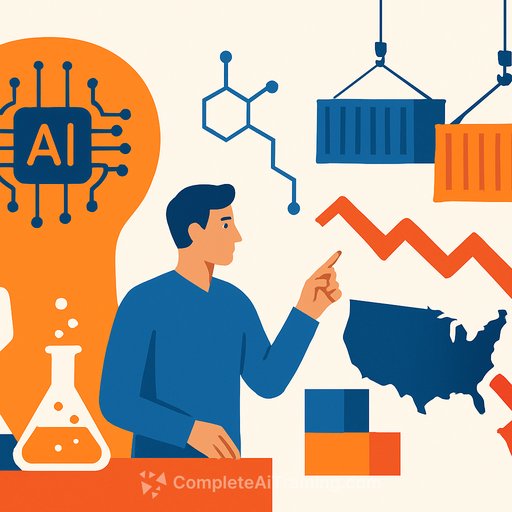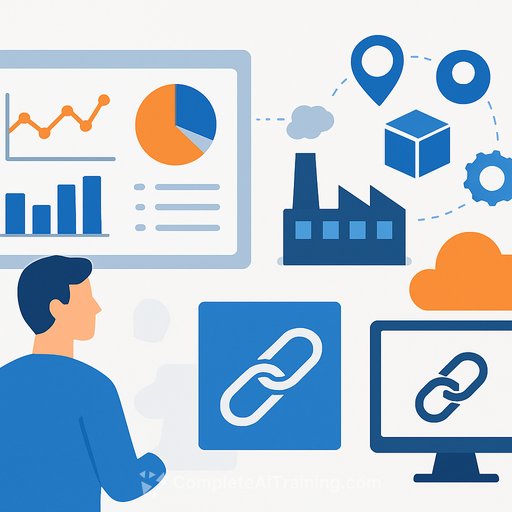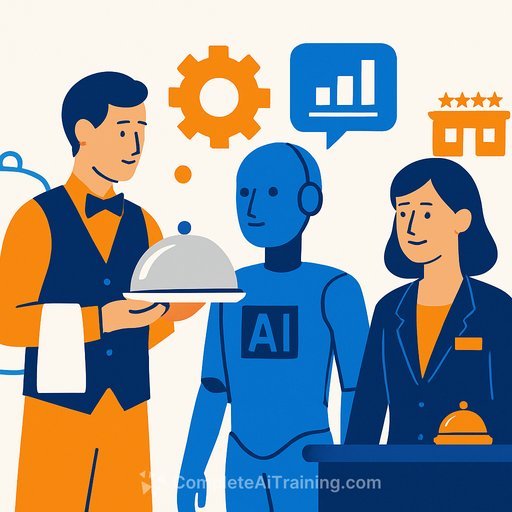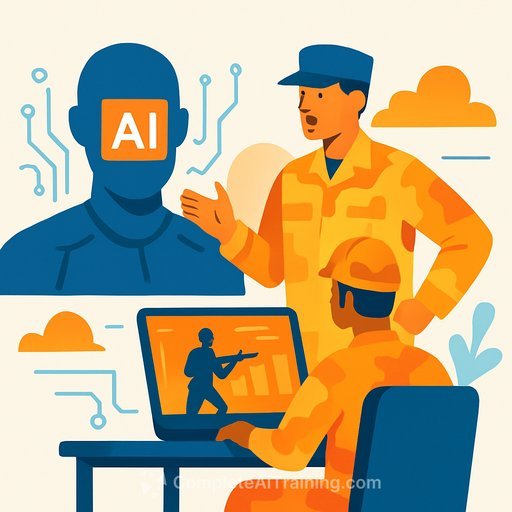In The Face of Tariffs and Trade Wars, Optimize Your Business With AI
Tariffs and trade wars are reshaping the landscape for chemical and energy companies. Executives face daily challenges with shifting market conditions and global trade uncertainties. The US government's moves to reshape manufacturing locations aim to boost the industry, but the immediate effect is heightened unpredictability. This unpredictability drives up raw material costs and export fees, forcing leaders to sharpen their risk management and scenario planning.
At the same time, AI technologies are advancing quickly and offer practical ways for companies to respond. Deploying AI can help businesses improve efficiency, gain clarity on market trends, and adapt faster to changing conditions.
How AI Supports Chemical Industry Decision Makers
Chemical firms can use AI to build resilience against market volatility, geopolitical shifts, and rising costs. Here's how:
AI Agents Are Learning Fast
AI tools evolve continuously, enhancing the ability to process vast amounts of information. Chemical companies already use AI assistants to analyze market risks by scanning public and paid data sources. Operations teams rely on AI to quickly locate and summarize technical documents, including safety and compliance reports. This saves time and ensures decisions are based on up-to-date information.
AI Helps Spot Hidden Risks in Scenario Planning
Supply chain and market analysts can deploy AI agents to evaluate risks emerging from tariffs and trade negotiations. While AI cannot eliminate political or economic uncertainty, it excels at monitoring real-time data and modeling different future scenarios. This helps companies weigh the pros and cons of various strategies and identify risks that might otherwise go unnoticed.
Real-Time Data Empowers Executives
Staying ahead means having instant access to relevant market data. AI copilots can deliver actionable insights on supply, demand, pricing forecasts, and margins. For example, a buyer arriving from a long trip can instantly review market conditions for key commodities like ethylene. AI condenses extensive reports into concise takeaways, freeing analysts to focus on strategy rather than data gathering.
Data Management Is Essential
Managing data with precision is crucial given the interlinked global markets and supply chains. Companies should ensure full visibility of product locations, inventory levels, and tariff exposures. AI and analytics tools depend on clean, structured data from reliable sources like current tariff schedules. Firms already using traditional analytics should adjust their models to prioritize supply chain resilience, such as maintaining larger strategic inventories per region.
Protecting Against Protectionism
Trade disruptions risk upsetting long-established supply chains. Companies need to monitor trade negotiations closely while preparing for multiple outcomes. AI can support these efforts by modeling how demographic changes, shifting trade flows, regulations, and the energy transition impact consumption and growth opportunities.
Build Risk Resilience to Weather Trade Wars
Uncertainty demands new approaches to market analysis. More than 60% of chemical companies are expected to adopt generative AI for supply chain and inventory management. Forward-looking firms use AI-powered market intelligence to reduce costs, improve operations, and strengthen their value chains against trade tensions.
AI capabilities offer a distinct advantage for companies aiming to stay competitive amid complex commodity markets and external pressures.
Your membership also unlocks:





